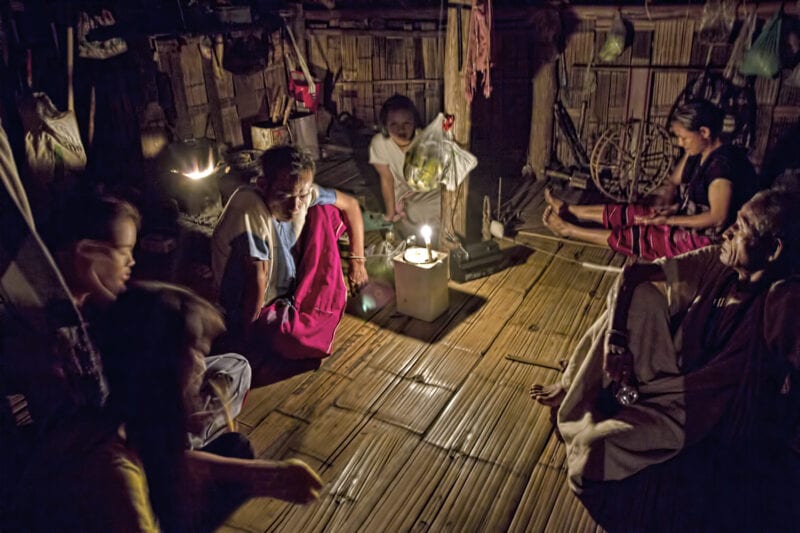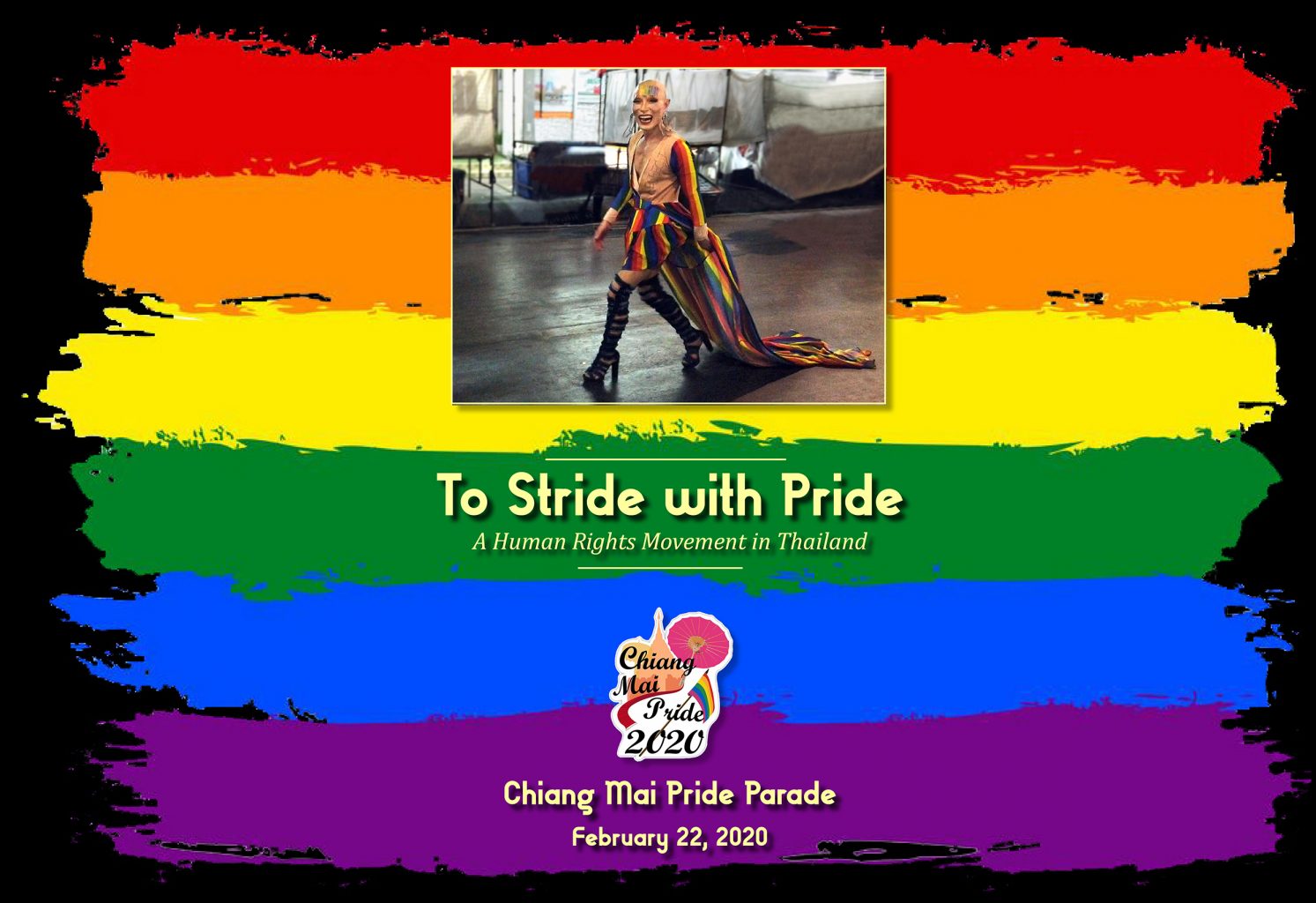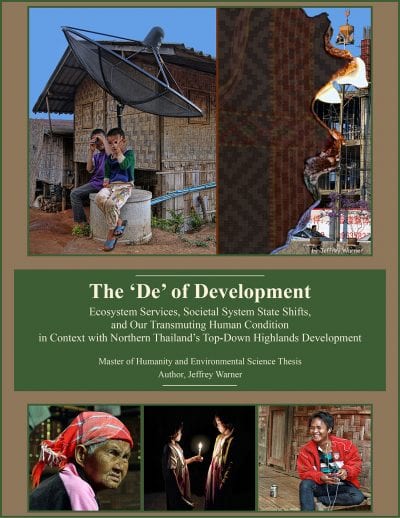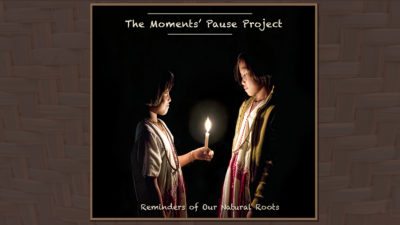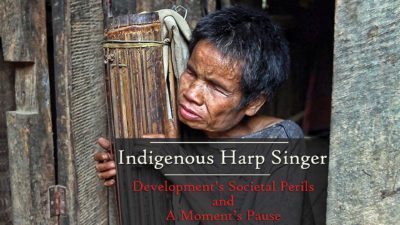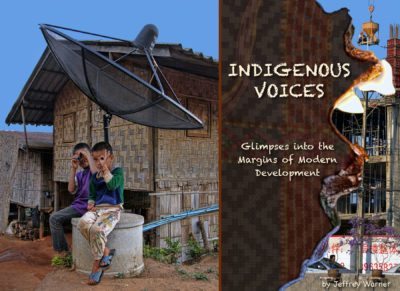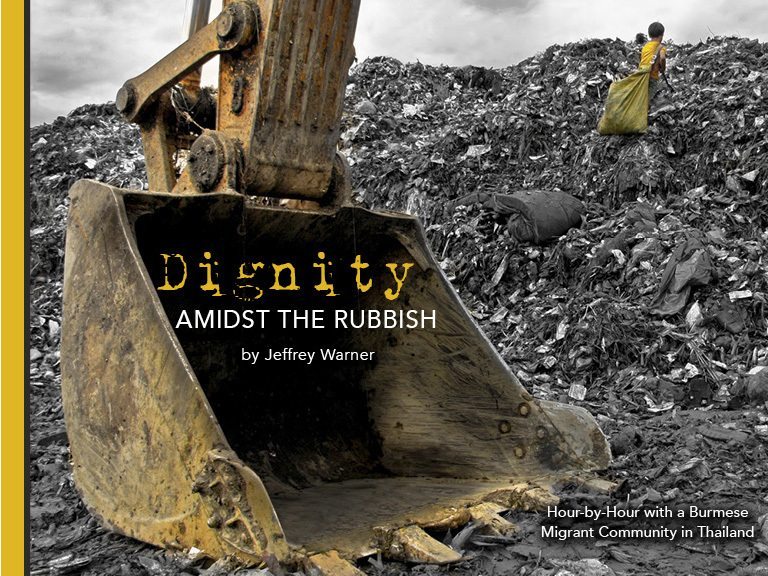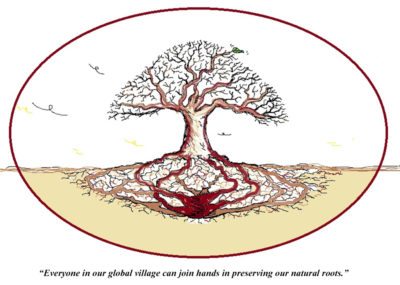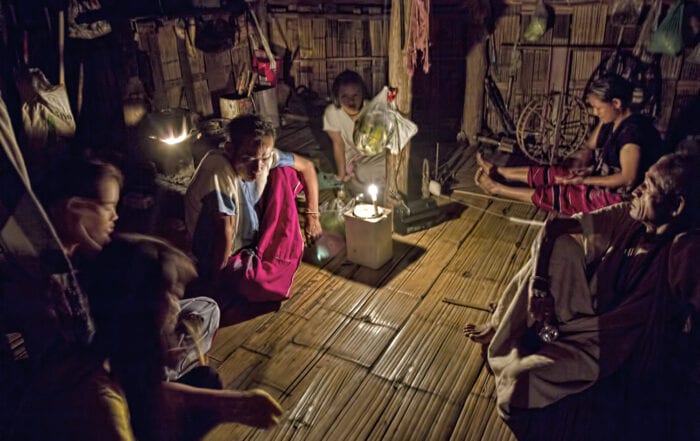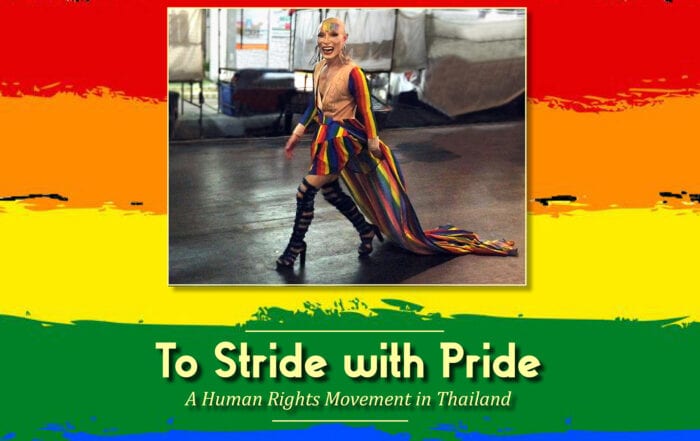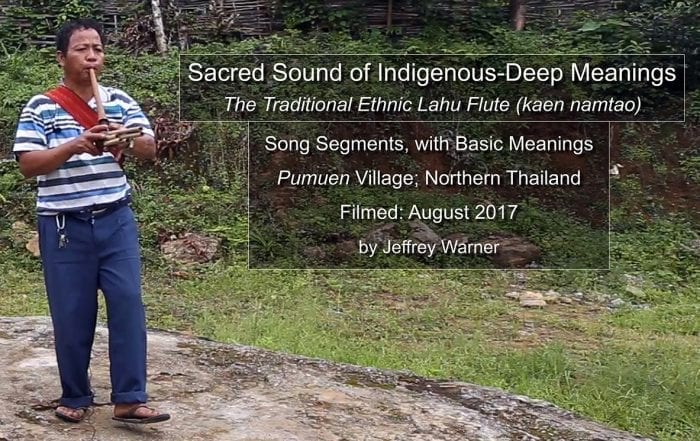Welcome to Jeff’s Journalism
Jeff’s Journalism is a concept, with one focus: taking you on an array of international journalism adventures, while reflecting upon the deeper meanings of Life.
This is a cyber-place for utilizing documentary-style multimedia, such as videos, books, and articles, as a social capital building discussion platform.
We explore some of the societally binding commonalities that all humans share.
Civil Journalist Exploring Our Shared Human Condition
Intrigued by how our locale holistically impacts relationships amongst ourselves and with our natural environment, I focus mostly on the social-ecological impacts of development and social change patterns.
I am convinced that social unrest is predominantly rooted in cultural misunderstandings, interlaced with humankind’s diminished connection with our life-sustaining natural ecosystems.
Inspired by the human spirit’s unquenchable powers, and the potential of social cohesion, my journalism research interests involve delving into the heart of our human condition. This is particularly that of marginalized people ensnared by injustice.
Drawing from a spectrum of international experience, I maintain that these civil contexts, and the adaptive resilience of those comprising them, are classrooms for understanding the essence of (and potential solutions to) capitalism-linked predicaments impacting us all.
To stimulate and nourish the changes needed in this global society, I believe that We must harness courage and reinvigorate unity that can be realized through empathetically shared human experience. This is particularly related with humanity’s intrinsic needs for a nourishing environment involving familial and community connections.
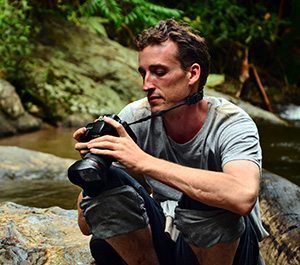
“Iprefer contributing to society by sharing what I learn from smelling both the skunks and the roses.”
Media is perhaps the most powerful human-made force on Planet Earth. It becomes most useful when used for building social capital via going beyond just reporting on events, but rather delving into pertinent issues by empathetically including everyone in the communication process.
Journalism is a craft like any other art form that involves whole-heartedly surrendering oneSelf to the world. This transpires while holistically engaging an environment and its peoples, the teachers, who comprise these dynamic spaces.
This can and will ultimately bring benefit to a global society via empowering people through community based initiatives.”
– Jeffrey Warner (resume/CV)
Civil Journalism and Social Activism Projects
1. “Back to the Basics: Can’t Buy This Way of Life:” During an era of increasing political tension and societal unrest, this is a story about our shared human condition and the social-ecological impacts of capitalism ‘development’ and ‘modernity.’
This is about taking ‘a moment’s pause’ in order to ponder the vital importance of our varying cultures and the intrinsic value of our heritages. It’s about the significance of and capacity for our inclination to live in harmonious community with one another, regulated by our natural environment. It’s about considering some socially binding commonalities that all humans share, such as our inherent need for familial and community connections and a nourishing natural environment.
We consider this global phenomenon in the context of northern Thailand’s hilltribe people (‘highlanders’). We go somewhere rarely seen by the public eye, into a quaint ethnic indigenous Pakagayor (a.k.a. ‘Karen’) village community. While those living in Baan Nam Bor Noi (“village with the little well”) had long-ago been tugged down from their highland forest homes and settled amid this lowland urban area, they are still attempting to maintain fairly traditional lives.
Many, alike their ancestors, are utilizing indigenous knowledge for maintaining what could be considered a natural interaction with their surrounding environment and with one another. This is rapidly changing, however. Their traditional culture, as well as for other ethnic communities throughout this region, is literally vanishing as capitalism-driven ‘development’ and technology-centered ‘modernity’ is perforating their socio-fabric and shifting centuries of learning aside. A form of ethnocide is ensuing. For at least awhile longer, though, both what could be considered ‘modern’ and ‘traditional’ lifestyles can still be simultaneously observed.
Tior, 49, and Kabuwa, 84, provide an intergenerational glimpse into their community. They reveal how their cultural socio-fabric overall is being continually impacted by government top-down rural development policies, what they are doing to maintain their ethnic traditions, and why.
We also consider the ‘de’ of the word ‘development?’ What is development taking away from our cultures and our traditional ways of life? What are the societal replacements? What are the short and potential long-term impacts? What is the end-game of this unsustainable ‘natural resources’ extractive global market system?
What does this mean for Us all? For with each older generation that the modern world is losing — their traditional knowledge with them, amidst our supposed capitalist development progress and a resulting homogenizing world culture — it is as though monumental segments of an ancient societal iceberg are sliding into the sea.
2. (NEW DOCUMENTARY) “To Stride with Pride: A Human Rights Movement in Thailand” informs about brave people who are diligently striving toward attaining civic equity and societal equality. This is in a country where social activism is predominantly taboo, and can be quite dangerous.
With a blending of seriousness and light-heartedness, this documentary brings you to the lively streets of Chiang Mai, Thailand. There, you stride with pride in the 2020 Chiang Mai Pride parade, with hundreds of others who are standing up for human rights.
Big-hearted folks from and supporting of the LGBTQI community, plus those from other marginalized societal groups such as sex workers, those who are disabled (other-abled), and indigenous peoples, conjoin in solidarity.
***
This peaceful protest-parade was organized in 2009. However, that gathering ended tragically before even getting started. A mob of culturally traditional locals, who vehemently disapproved of LGBT people and their civil rights movement, blockaded, threatened, and forcefully stopped them from continuing with that event. Parade-goers were even asked by these protesters to crawl on the ground and apologize for their perceived transgression.
Mirroring prior social movements in more democratic countries where human rights related ideals have become evolved, for those pioneering this in Thailand that oppressive experience cultivated a cauldron of rejection-pain. However, they refuse to give up. For this is about dignity!
Steadfast in their mission, after a ten-year respite this re-energized LGBTQI community in 2019 stood tall and courageously parade-walked — this time, safely and successfully. In 2020, they again organized more boldly than ever before. People from near and afar, including businesses as well as government and non-government organizations, generously contributed to this boisterous and uplifting event. … It is true that time can change (and heal) things, even greater society.
In this bi-lingual (subtitled) video, Thailand’s iconic LGBT and human rights activist, Sirisak “Ton” Chaited, movingly shares about some challenges this demographic community faces. Ton details what happened in 2009 and why, how that had impacted them, what has changed, and where this movement is headed. …
We are also offered a society-unifying message to heed.
3. We, as a global community, are perhaps at a pivotal point in our history. The economic market related decisions that humans have been making for generations are rendering like never before notably tangible effects on our natural environment and overall societal functioning.
If we are going to find creative solutions to global challenges, is it prudent that we consider the roots of prominent global issues?
The ‘De’ of Development is my thesis research purposed toward cultural and environmental preservation as well as cultivating global awareness of development related impact issues.
This mixed methods thesis, conjoining civil documentary journalism with the academic lenses of environmental and social science, explores this inquiry by focusing primarily on the ‘de’ of development. By overlaying and hence connecting the societal with the ecological, I probe, unearth, and concretely bond notions of humans’ intimate connection with each other, with our environment, and how changes in one aspect resultantly impacts the others. This is about our global village.
As a context for investigating how perhaps all of humanity is being continually impacted by development and modernity related phenomena, we journey into the high mountains of northern Thailand. There, the traditional lifestyles of ethnic peoples are rapidly vanishing. Aspects of a homogenizing global culture are perforating their socio-fabric and shifting centuries of learning and indigenous knowledge aside. Villagers from an age range inform us about this.
The root and ultimate goal of this research project is to illustrate our communion on Planet Earth, and how we are together being affected by our collective actions. This has great potential for cultivating intercultural understanding, nourishing human healing, and building social capital.
Humankind, as it always has, can determine its destiny. … May we choose wisely.
4. The Moments’ Pause Project: Reminders of Our Natural Roots is a research, culture preservation, and social capital building initiative that is tending to this world we all as a global community share.
During a global era of increasing political tension and societal unrest, this grassroots Project reminds us about our natural roots and about peace in social unity.
This is about momentarily slowing down from our seemingly incessant state of being “busy.” It’s about introspectively thinking before we entirely destroy our life-sustaining planet (and each other), and about meditating on the natural goodness that remains.
Can we take a moment’s pause from being “busy” and contemplate the significance of our varying cultures, the intrinsic value of our heritages, and about our capacity to live in harmonious community?
While this Project has been aspects, its root and ultimate goal is to collaboratively address global issues that are effecting Us all, while cultivating productive community development initiatives.
This is being done by further creating and utilizing the documentary-style multimedia created via this Project as the foundation for moderated collaborative discussion platforms. This is whereby people may have opportunity to exchange in community level multi-stakeholder dialogue.
5. “Indigenous Harp Singer: Development’s Societal Perils and A Moment’s Pause” takes you on an adventure to somewhere rarely seen by the public eye: into the rural mountains of northern Thailand and Kayah, Myanmar.
There, communities of indigenous peoples have for generations been living fairly traditional lives, even in the wake of an encroaching modern world.
This is rapidly changing, however. The global market system and its related modern culture lifestyles is slowly and surely perforating their communities’ cultural social fabric. Centuries of indigenous knowledge is being shoved aside.
In this video, with road construction and capitalism looming, Myanmar’s Toni Oo, who is indigenous ethnic Kayaw, skillfully plays bamboo constructed traditional harp instrument. She performs two ancient ethnic Kayaw songs — about love and nature.
While Toni Oo is sharing her musical gift, other villagers walk us through their community. Together, we discover and observe culturally traditional activities such as rice processing, wood collecting, spiritual practices, all-natural jungle food preparation, music, and courtship dancing. We are granted a glimpse into their lives.
We explore what this may mean for Us all. … If we forget about who we really are, our connection with nature and with each other, what hope is there for any of our survival?
6. Indigenous Voices: Glimpses Into the Margins of Modern Development: Let’s delve into how modern development and globalization is affecting the heart of Humankind.
Venture into the mountains of northern Thailand where the traditional cultures of indigenous peoples are literally vanishing as modernity is shifting centuries of learning and knowledge aside. We, step-by-step, learn about the affects of modern development on these communities, and we hear what some of them have to say about this.
To better understand northern Thailand’s indigenous peoples and their overall situation, this book entails the seamlessly paired integration of documentary-style photography, prose, and in-depth interviews — “voices” of villagers 14-84 years old, from three different ethnicities, and from villages existing at different points on a development continuum. They open up the doors of their homes and help us understand.
Indigenous Voices is not merely a book of photography. This book encompasses five years of my field research. It is intended as a textbook of sorts for those who are interested in gaining foundational understandings into some of the deeper and more detrimental societal effects of globalization and “development.’
Are you ready for this journey?
7. Dignity Amidst The Rubbish: Hour-by-Hour With a Burmese Migrant Community in Thailand is my photo book that places holistic reflection upon the daily lives of a refugee community from Burma that is living on a rubbish dump located in Mae Sot, Thailand, near the Burma border.
Photographs, prose, and the translated voices of this community provide an hour-by-hour glimpse into the situations of these individuals and their families. There is a section in this book that is intended as a funding mechanism to support the community included in the book.
This work focuses not on the deplorable conditions in which they live, but is rather a reflection on this community’s cohesion amid an environment of poverty and strife. Dignity Amidst the Rubbish, at its core, likewise addresses global issues related to the larger condition of humankind at this moment in time and in relation to modern economic development and the global market system.
— The Dignity Amidst the Rubbish Project: Would you want to support this Burmese community? The Dignity Amidst the Rubbish book is the foundation of this humanitarian project designed to publicize the plight of the Mae Sot rubbish dump community, and for all marginalized people, as well as be a vehicle for raising funds that will make a difference and hopefully empower them to make community driven changes. You can partner with me in supporting these relief efforts.
8. The mission of the Global Village Hands Culture Preservation and Peacebuilding Organization — as a philanthropy-inspired social research, cultural preservation, and peace-building organization — is to investigate our human condition and rebuild global social capital.
‘Development’ and ‘modernity’ (i.e., the global market system) is creating a myriad of problems that are essentially dissolving the socio-cultural fabric of ‘traditional’ cultures, their communities, and global ecosystems overall. Humanity’s true roots are being replaced with a homogenizing, unsustainable, world culture.
We are documenting dissolving cultures, as well as the stories of people living everyday life. These stories are being utilized for creating a moment’s pause whereby we become reminded of importance of our varying cultures and the intrinsic value of our heritages. This media is then being used for generating channels that capacitate community based development initiatives.
We, while working particularly with women and youth in their self-empowerment, are particularly aspiring to support small and poorer village communities trying to live more traditional lives in the wake of development but are having challenges in doing so for various reasons.
All of us in our global community can join hands in preserving our natural roots.
Additional Portfolio Materials
While my full CV is available, the following section of Jeff’s Journalism is focused on some of my professional experience before I embarked fully on my more independent journalism projects.
Use the “Portfolio” tab located in the top navigation of this website to peer through a window into the worlds of people living on three continents. Join me on my journey from the U.S. to post-war Bosnia to Europe and through to Thailand where I have been living and focusing my attention the past five years.
From books, poems, quotes, memoirs, articles, documentaries and photographs, these sections can provide plenty of fruit for contemplation.
Jeff’s Journalism Blog
Back to the Basics: Can’t Buy This Way of Life
Back to the Basics: Can't Buy This Way of Life A Moment's Pause with Thailand's Hilltribe People During an era of increasing political tension and societal unrest, this is a story about [...]
To Stride with Pride: A Human Rights Movement in Thailand (Chiang Mai Pride Parade)
I am pleased about releasing my new documentary, “To Stride with Pride: A Human Rights Movement in Thailand." This video informs about brave people who are diligently striving toward attaining civic equity [...]
Sacred Sound of Indigenous Deep-Meanings: The Traditional Lahu Flute
Development, Modernity, and Dissolving ‘Traditional’ Culture As a context for illustrating how perhaps all of humanity is being detrimentally impacted by capitalism related phenomena, “Sacred Sound of Indigenous-Deep Meanings: The Traditional Ethnic [...]


